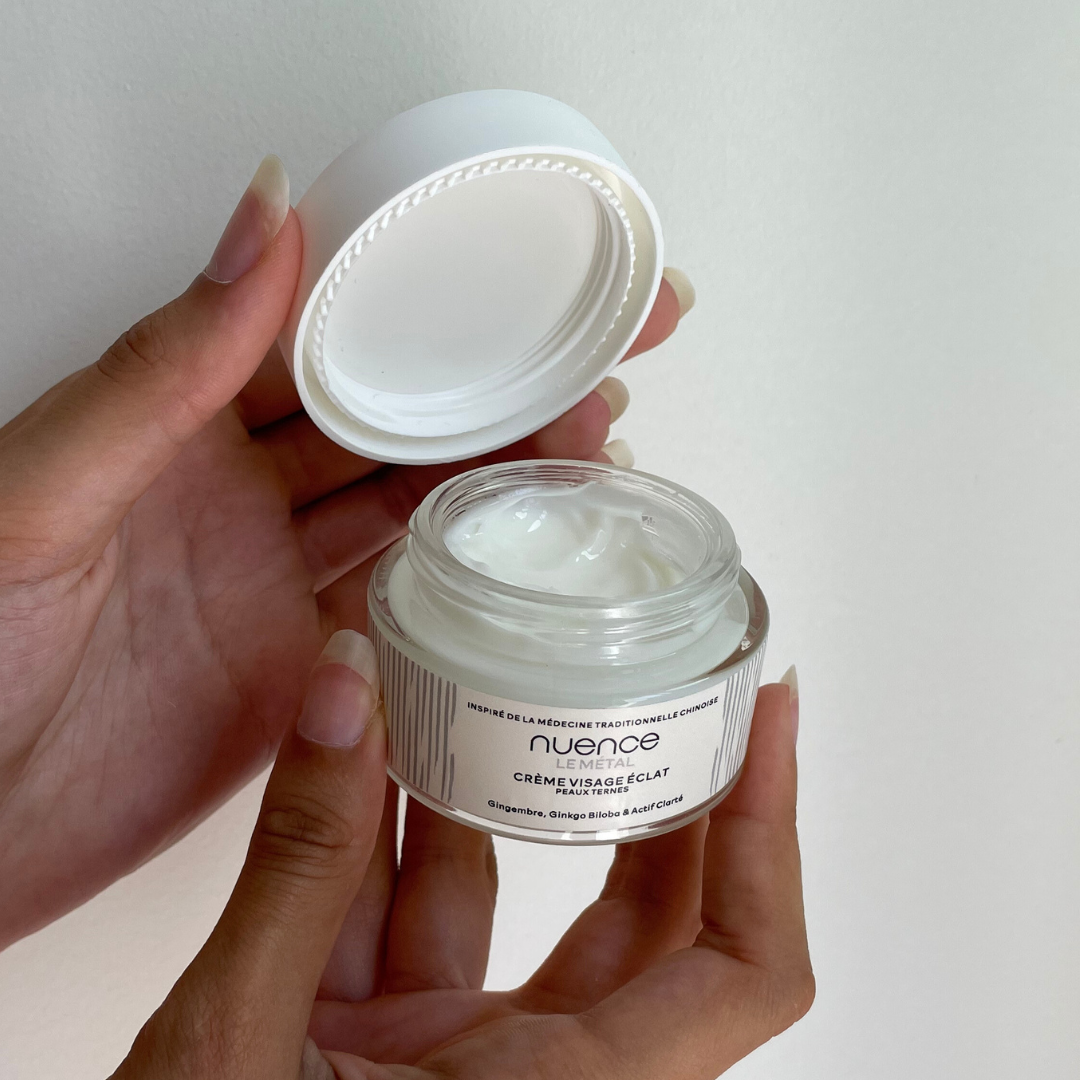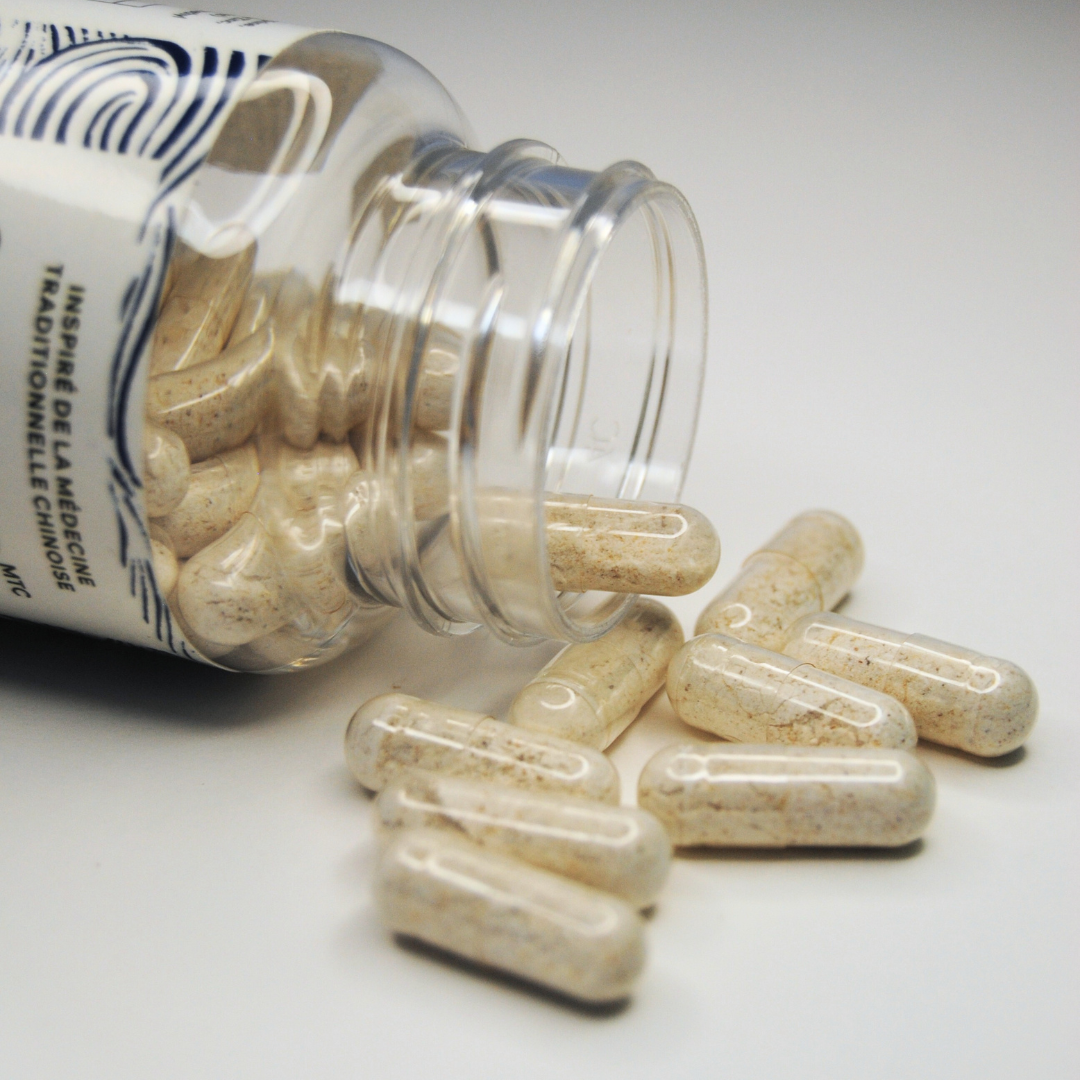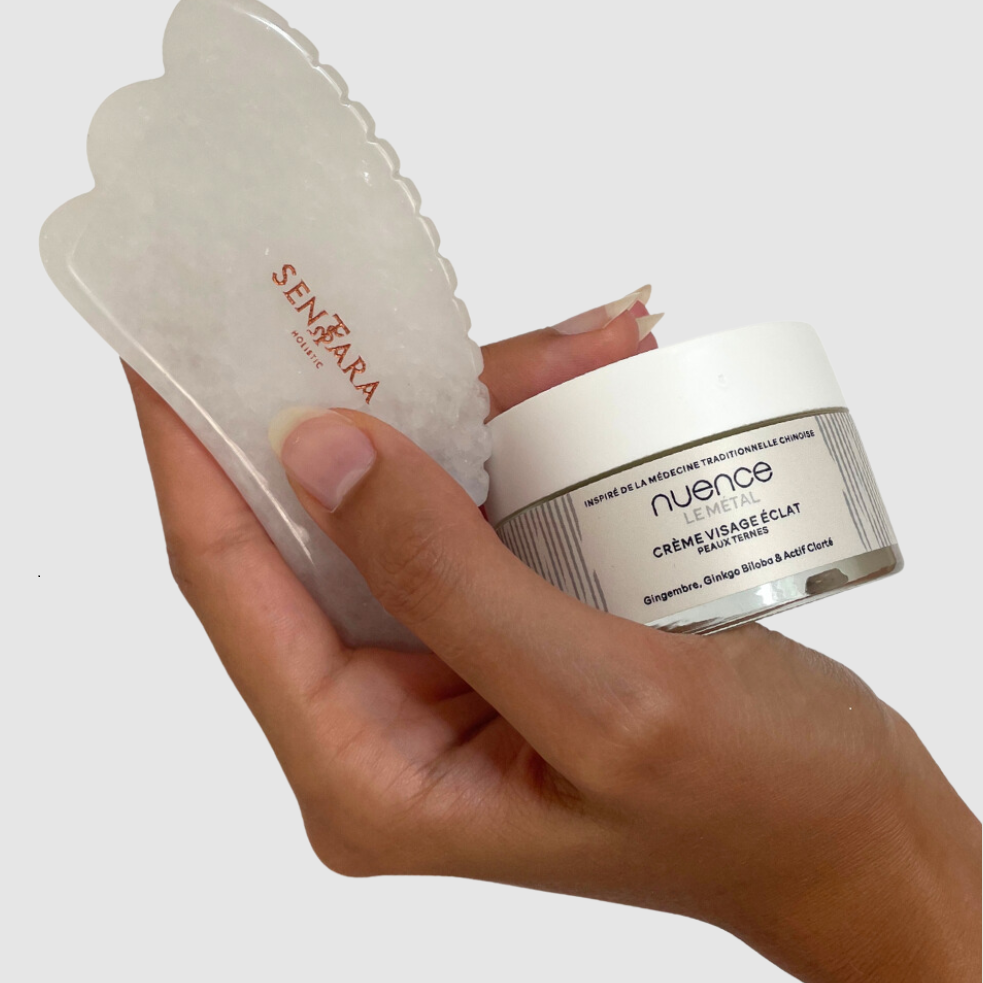Introduction
Mental health has become a major issue in our modern societies. According to the WHO, one in eight people in the world lives with a mental disorder, and the numbers continue to rise. Faced with this reality, many people are looking for complementary approaches to conventional treatments. Traditional Chinese Medicine (TCM), practiced for over 2,500 years, offers a holistic view of the human being , where the body, mind, and emotions are intimately linked. It has focused on mental health from its beginnings, as shown in the writings of the Huangdi Wei Jing compiled in the 1st century BC. With the experience accumulated in this field, TCM today offers powerful tools to prevent, understand, and support psychological imbalances.
On the occasion of World Mental Health Day (October 10) organized by the World Health Organization (WHO) in partnership with other institutions such as the World Federation for Mental Health - the Nuence-MTC team wishes provide here a complete overview of the natural, practical and accessible solutions recommended by traditional Chinese medicine.
Mental health according to TCM
TCM is the oldest medical system in existence. It does not distinguish between disorders of the mind and disorders of the body. For Chinese doctors, the mind and body are interconnected, and both symptoms and treatments consider the entirety of an individual's condition. For example, a person suffering from anxiety may find that it also causes intestinal disorders.
According to Traditional Chinese Medicine, maintaining physical and mental health involves harmonizing vital energy (Qi), cultivating a balance between Yin and Yang, and understanding the dynamic relationships between organs, emotions, and seasonal cycles. Here are some helpful reminders:
- Qi : This is the vital energy that circulates throughout the body. Blocked or weakened Qi can lead to physical or emotional disorders.
- Meridians : These are invisible channels through which Qi circulates. They connect organs and influence our physical and mental state.
- Organs and emotions : each organ is associated with a dominant emotion.
- The liver → anger, frustration
- The heart → joy, agitation
- The spleen → rumination, worry
- Lungs → sadness, melancholy
- Kidneys → fear, insecurity
- The five elements : wood, fire, earth, metal, water. They help us understand the interactions between organs, emotions, and the seasons.

| Element | Drink | Fire | Earth | Metal | Water |
|---|---|---|---|---|---|
| Season | Spring | Summer | End of summer / inter-season | Autumn | Winter |
| Organ | Liver | Heart | Spleen / Stomach | Lung | Kidneys / Bladder |
| Emotion | Anger | Joy | Worry | Sadness | Fear |
- Yin and Yang : pillars of emotional balance: Yin represents the aspects internal, calm, receptive, cold, associated with introspection, withdrawal, sadness or fatigue. Yang embodies the external forces, active, hot, dynamic, linked to excitement, agitation, anger or euphoria. In TCM, mental health is based on the harmony between these two poles . An excess or deficiency of Yin or Yang can result in emotional disorders: anxiety, depression, irritability, withdrawal, etc.

In TCM, mental health disorders are not defined as in Western medicine. Rather than labeling it “depression” or “anxiety,” Traditional Chinese Medicine speaks of subtle imbalances of Qi, Shen (our mind), and the Yin and Yang forces that flow through the body and the seasons. Here are some possible correspondences:
- Anxiety : Often linked to a weakness of Heart Yin or a rise in Liver Yang. This can result in palpitations, insomnia, and mental agitation.
- Depression : Can be caused by stagnation of Liver Qi, which prevents energy from flowing freely. It can also result from a deficient spleen, which causes rumination and lack of energy.
- Insomnia : Related to a disturbance of Shen, often caused by a lack of blood in the heart or an imbalance between the heart and the kidneys.
TCM Tools to Soothe the Mind
- 1. Acupuncture : By stimulating certain points, the Shen can be calmed, blocked emotions released, and sleep promoted. For example, the “Yin Tang” point between the eyebrows is widely used to calm the mind.
- 2. Chinese Herbal Medicine : Traditional Chinese medicine offers a wide range of herbal formulas, proven through centuries of practice. Each preparation is carefully tailored to the patient's energy profile and the practitioner's diagnosis. Here, we've chosen to highlight one of the most renowned formulas for treating insomnia:
Suan Zao Ren Tang: A Gentle and Profound Answer to Insomnia
This is an ancestral formula developed by Zhang Zhongjing during the Han Dynasty. It is particularly indicated for people prone to insomnia with mental agitation, sleep disorders linked to anxiety, nervousness or palpitations, profiles deficient in Yin or Blood , often exhausted or hypersensitive.
This decoction combines five plants with complementary virtues:
-
Suan Zao Ren (jujube seeds) : Nourishes the heart and liver, calms the mind, promotes deep sleep
-
Fu Ling (Poria) : strengthens the spleen, eliminates dampness, soothes restlessness
-
Chuan Xiong (Ligusticum) : activates blood circulation, relieves tension
-
Zhi Mu (Anemarrhena) : nourishes Yin, clears internal heat
-
Gan Cao (Licorice) : harmonizes the formula, softens the effects
Together, these plants restore the balance of Yin and Blood , allowing Shen to settle and sleep to return naturally.
- 3. Qi Gong and Tai Chi : These gentle body practices help circulate Qi, release tension, and strengthen vitality. They are particularly effective for stress-related disorders.
- 4. Chinese diet : Certain foods are recommended to strengthen the heart and spleen, such as red dates, millet, or root vegetables. Avoid foods that are too cold or too sweet, which weaken energy.
These tools are complementary and can be integrated into a daily routine to support mental health.
Testimonies and perspectives
Many practitioners and patients attest to the benefits of TCM in the context of mental disorders. It is often used in addition to psychological or psychiatric monitoring, particularly for:
- Reduce side effects of medications
- Improve sleep quality
- Promote emotional regulation
- Strengthening resilience in the face of challenges
Studies are beginning to document these effects, particularly in the context of acupuncture for anxiety or mild depression. In France, some mutual insurance companies partially reimburse TCM consultations, demonstrating a growing interest in this approach.
Conclusion
Traditional Chinese medicine invites us to slow down, listen to our bodies, and take care of our minds. It reminds us that emotions are not enemies, but messengers. By restoring harmony between Qi, organs, and Shen, it offers a gentle path to well-being.
And you, have you ever tried Chinese medicine for your mental well-being?








